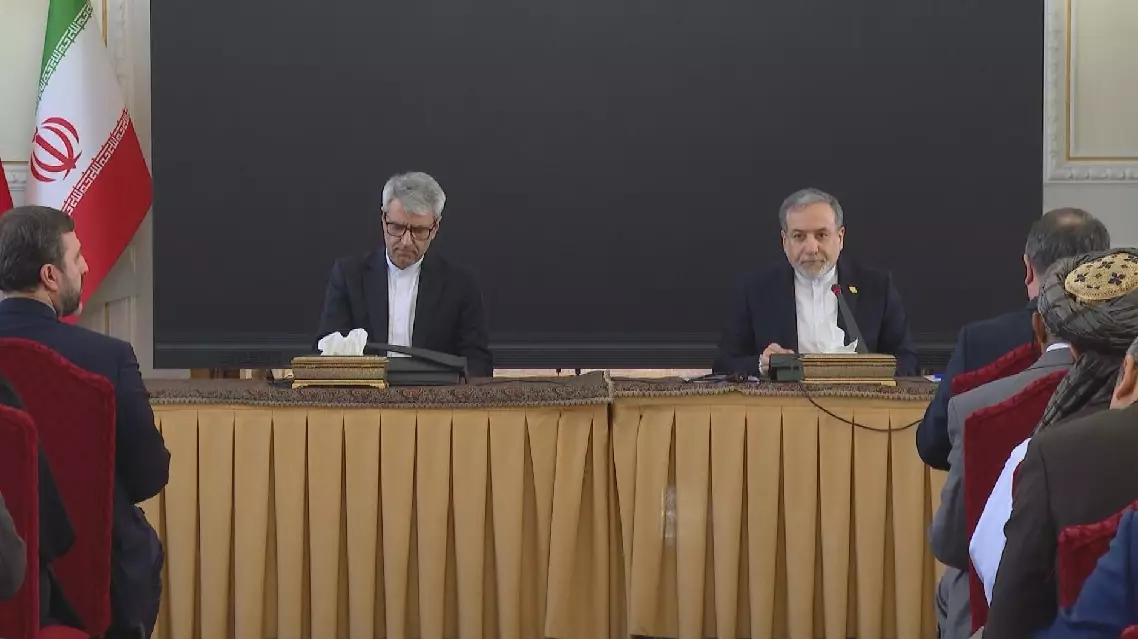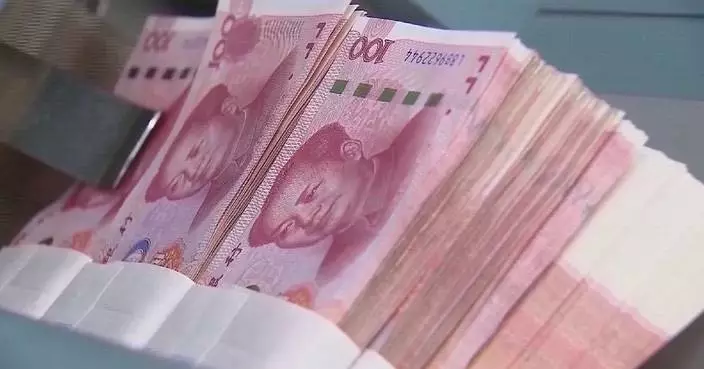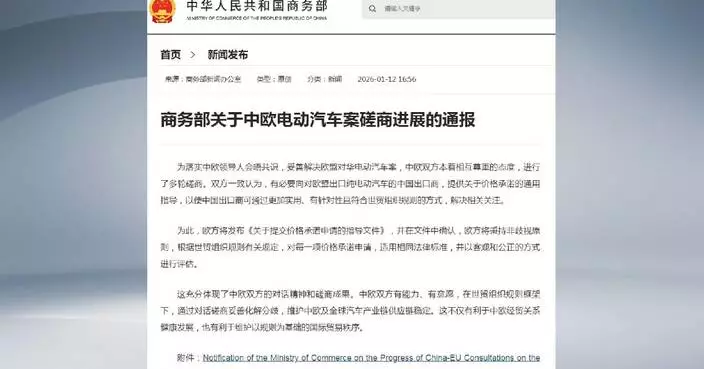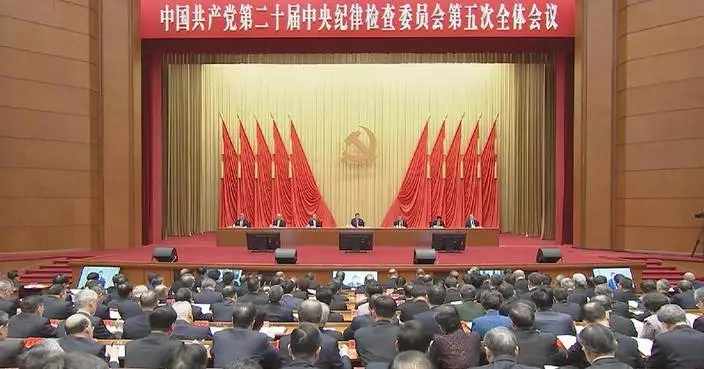Egypt, Saudi Arabia, and Qatar on Monday condemned Israel's establishment of an agency aimed at displacing Palestinians from the Gaza Strip and its approval of 13 new settlements in the West Bank.
The Egyptian Foreign Ministry said in a statement said that the so-called "voluntary departure," which Israel claims this agency targets, lacks any basis."
"The departure occurring under bombardment and war, and under policies that prevent humanitarian aid and use starvation as a weapon, constitutes forced displacement, a crime, and a violation under international law and international humanitarian law," read the statement.
Saudi Arabia condemned the Israeli occupation authorities' announcement on the establishment of the agency that aims to displace Palestinians from the Gaza Strip, as well as the approval of the separation of 13 illegal settlement neighborhoods in the West Bank, the Foreign Ministry said in a statement.
Lasting and just peace cannot be achieved without the Palestinian people obtaining their legitimate rights in accordance with international legitimacy resolutions and the establishment of an independent Palestinian state along the 1967 borders, with East Jerusalem as its capital, according to the Saudi statement.
Qatar's Foreign Ministry also hit out on Monday at Israel's policies of displacing Palestinians from the Gaza Strip and expanding settlements, urging the international community to exert pressure on Israel to end its military operations in Gaza.
The Ministry reiterated Qatar's position in supporting the Palestinian people, based on international legitimacy and the two-state solution, to establish an independent Palestinian state on the 1967 borders, with East Jerusalem as its capital.
Israel's Security Cabinet approved the establishment of a controversial new directorate to coordinate the "voluntary relocation" of Palestinians from Gaza to third countries, the Defense Ministry said in a statement on Sunday.
The establishment of the new agency came as Israeli forces resumed air and ground offensive across Gaza, effectively ending a two-month ceasefire. Thousands of Palestinians have been displaced again as bombardments intensify.
In February, U.S. President Donald Trump presented a plan to transfer Gaza's Palestinian population to neighboring countries as part of a broader vision to rebuild the war-torn enclave as a "Riviera resort." He later backtracked on the plan following international condemnations.
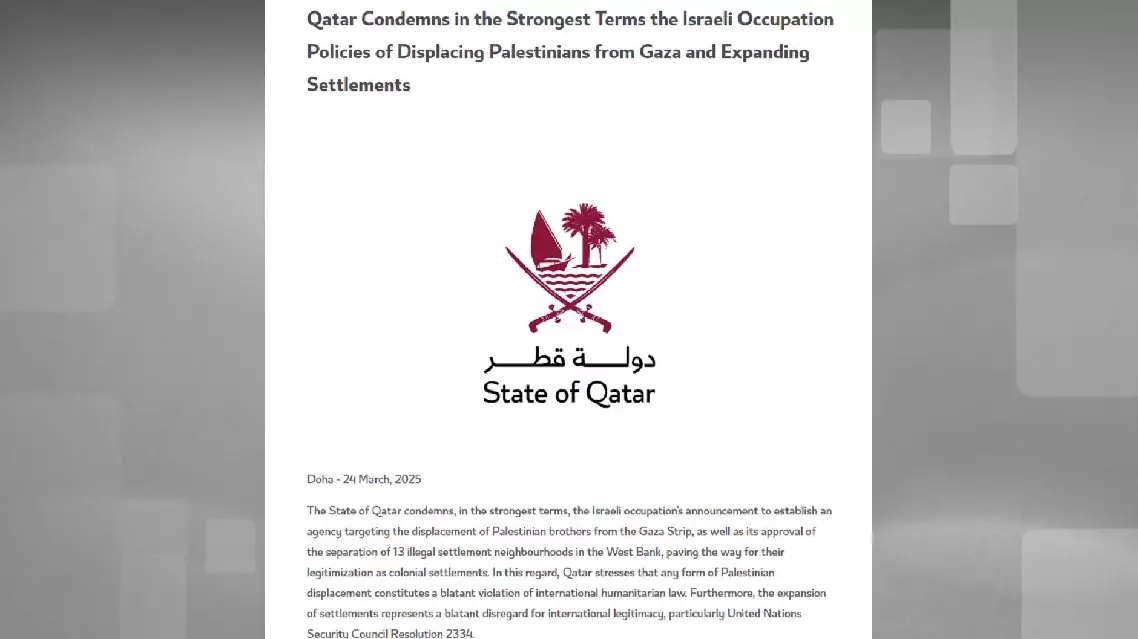
Egypt, Saudi Arabia, Qatar slam Israel's plan to displace Palestinians from Gaza
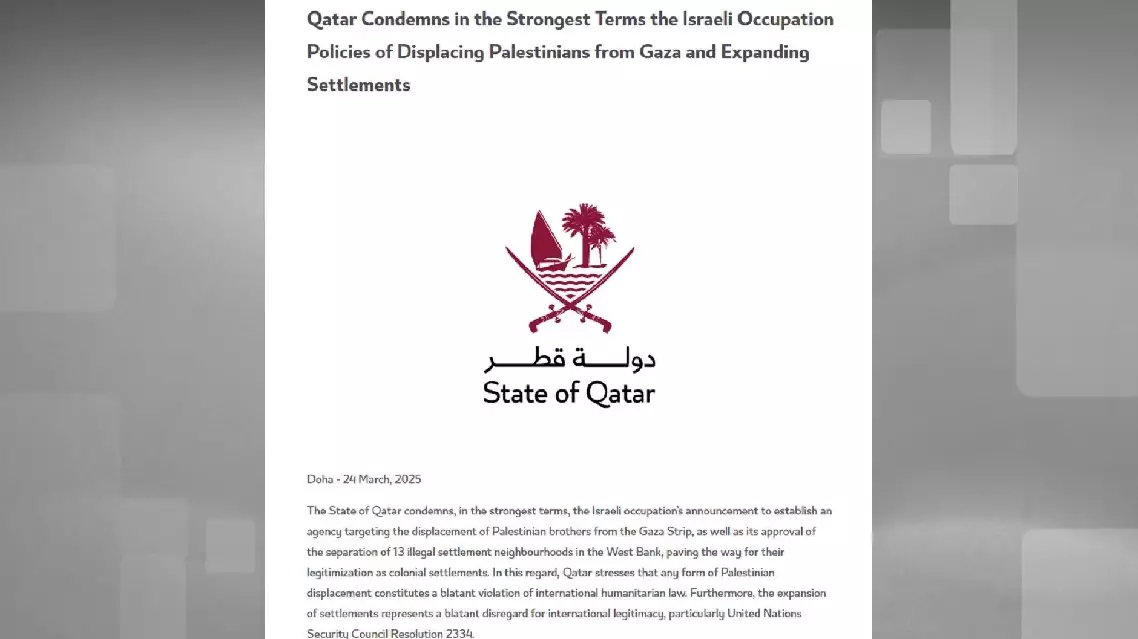
Egypt, Saudi Arabia, Qatar slam Israel's plan to displace Palestinians from Gaza
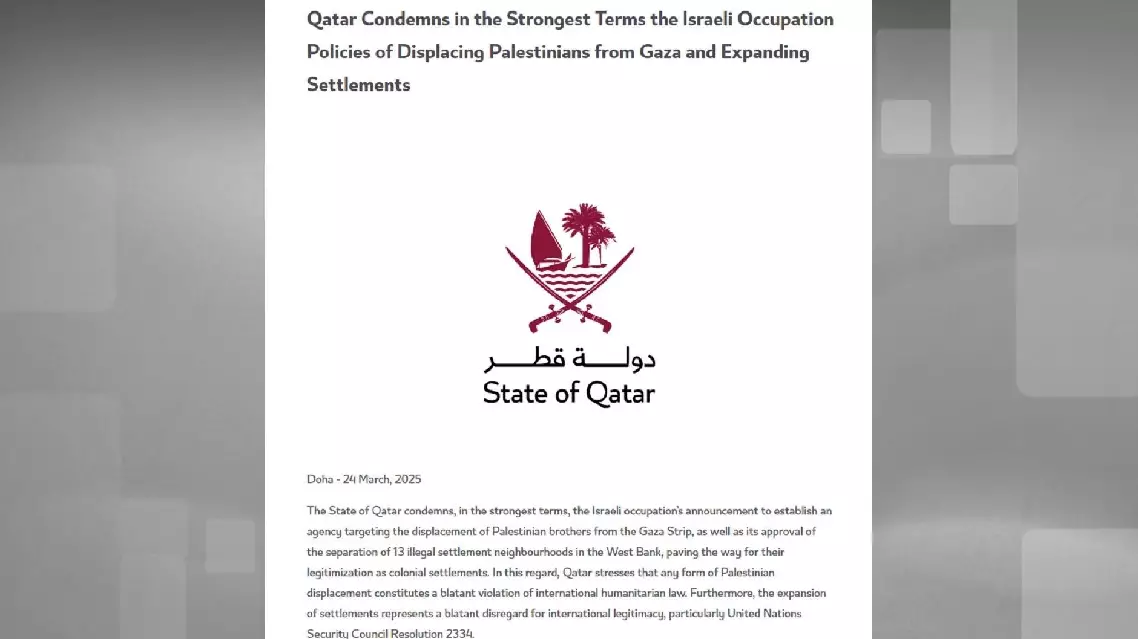
Egypt, Saudi Arabia, Qatar slam Israel's plan to displace Palestinians from Gaza


